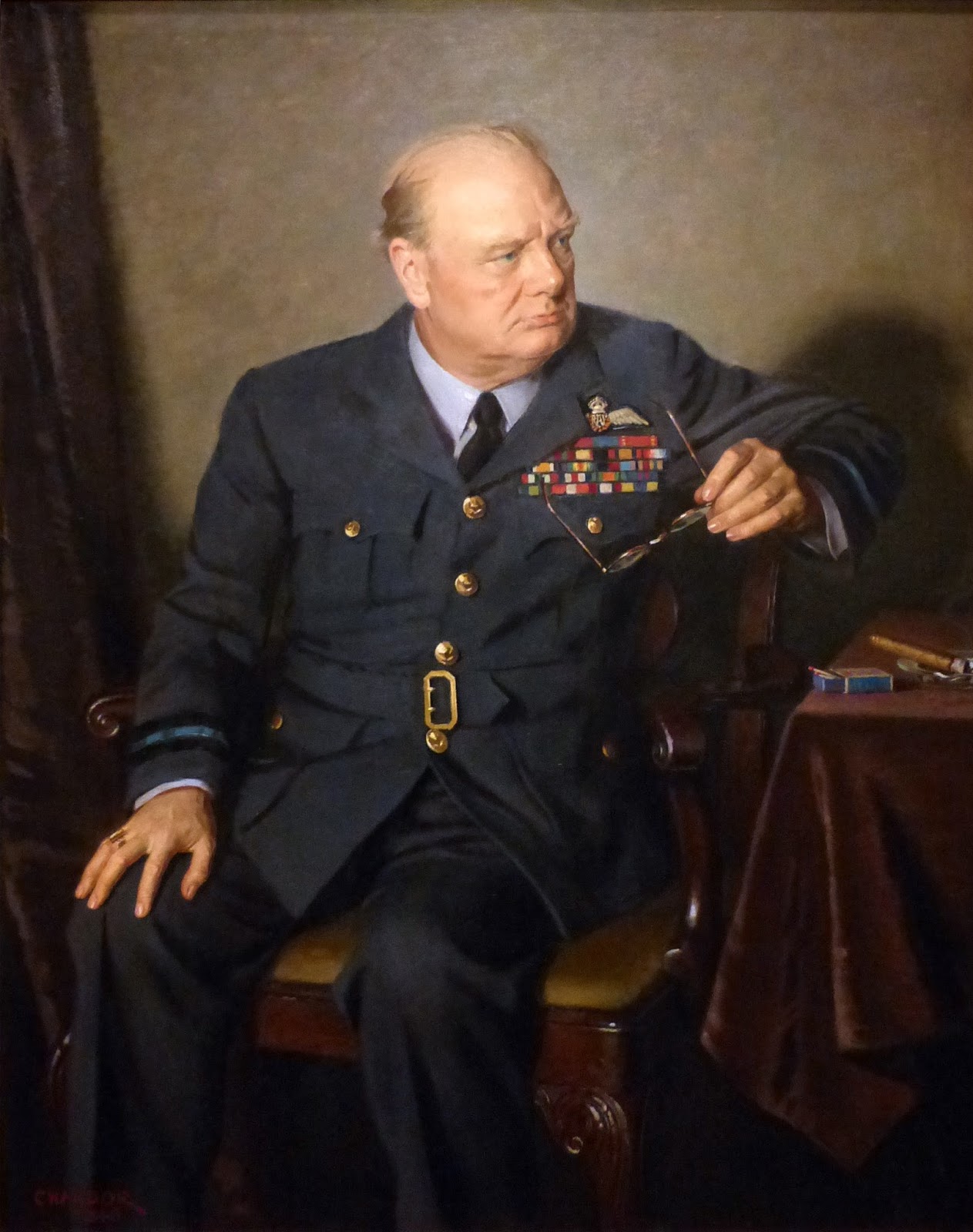

So it's only hearsay: there is no evidence from the war itself or from any witnesses that this cover-up actually took place. The scientist 'said' this in 1999, nearly half a century after the incident is supposed to have taken place and a quarter century after his grandfather died. "The reason apparently was because Churchill believed it would cause mass panic and it would shatter people's religious views." "But what happened is that a scientist whose grandfather was one of his bodyguards, said look, Churchill and Eisenhower got together to cover up this phenomenal UFO sighting, that was witnessed by an RAF crew on their way back from a bombing raid. Nick Pope, who used to investigate UFO sightings for the MoD, said: "The interesting thing is that most of the UFO files from that period have been destroyed. The cover-up is supposed to have taken place in the Second World War.
CHURCHILL ROOSEVELT FOOTBALL STORY SERIES
Actually, the TNA files - part of an ongoing series of releases of UFO-related files - don't show this at all, as is clear if you read the article more closely. And Hopkins gives the right vibes in 19 about Churchill and Stalin.There have been a lot of stories in the press recently with titles like 'Churchill ordered UFO cover-up, National Archives show'. Roosevelt’s a very feely kind of President, you know, and it’s the vibes about people that matter to him. So Hopkins plays a very important part in Roosevelt getting the vibes. Roosevelt’s instinct there, even more than Churchill’s in the summer of 1941, is that the Russians will see through 1941.

That’s what he reports back to Roosevelt, and on the basis of that really, Roosevelt goes ahead and says, right, we’re giving lend lease to the Russians and so on. Hopkins goes nowhere near the Front, he doesn’t really have a clue the state that the Red Army is in at the time, which is, of course, shambolic, but basically he’s there face to face with Stalin and what he likes is Stalin’s will, the determination, and the sense of things happening. He goes to Moscow, and Hopkins’ reports on Stalin are also very important for Roosevelt. Hopkins does the same thing in the summer of 1941. Roosevelt had reasons to back Britain regardless, but the fact that Churchill is validated then really mattered. LAURENCE REES: How crucial was that moment?ĭAVID REYNOLDS: Well you’re weighing, as it were, the importance of personalities in history against structures. So it’s a kind of a gradual coming together. He goes back, absolutely clear, to Roosevelt, that this is the genuine article, he’s in this war till the end and he’s serious about the relationship with America. He takes Hopkins everywhere, he takes him to Cabinet meetings, he takes him on tours around the war damaged cities, the docks, and he has him to dinner and then after they’ve had dinner then Churchill says, right, I’m off to do some work and so he’s doing amazing 18 hour days, and on one occasion after one of these, Churchill disappears to do more work and Hopkins just sits back in the chair and says, “Jesus Christ, what a man!”. And Churchill is primed about this visit just in time by Brendan Bracken, one of his right hand men, somebody who actually knew something about America and who mattered in America, and Churchill really turns it on for Hopkins. He’s also identified with the reactionary part of the Conservative Party, India, imperialism, all of that stuff, so in January 1941 Roosevelt sends Harry Hopkins, his right hand man, over to London to try and suss out Churchill and find out whether it really is true that Churchill is just basically an old die hard, and really just try and get a handle on Churchill. That’s Churchill’s reputation, a kind of old stager and a bit too ready with the booze. When Churchill becomes Prime Minister, Roosevelt says rather sniffily to his Cabinet, well, I suppose Churchill is the best man England’s got even though he is drunk half of the time. That was in 1918 in London when Roosevelt came for a visit, and rather unfortunately Churchill forgot the whole meeting and Roosevelt was quite miffed when he discovered this later on in the war. To what extent, at the beginning, is that really accurate?ĭAVID REYNOLDS: The two men have only met once in their previous life before Churchill becomes Prime Minister. LAURENCE REES: And much has been made since of the enormously friendly, cosy relationship between Roosevelt and Churchill.


 0 kommentar(er)
0 kommentar(er)
